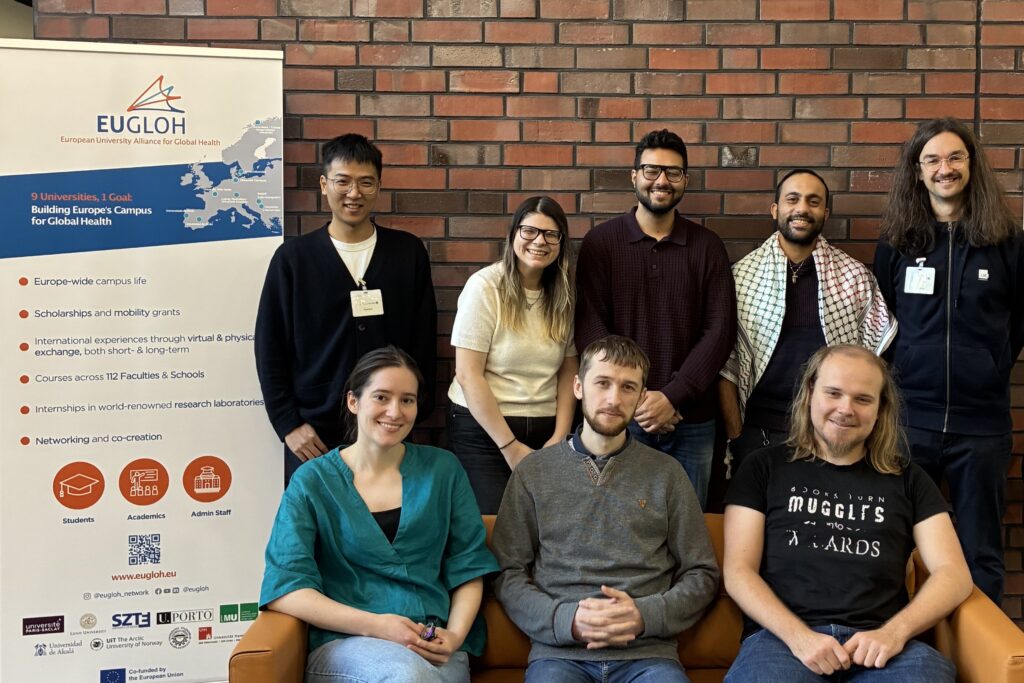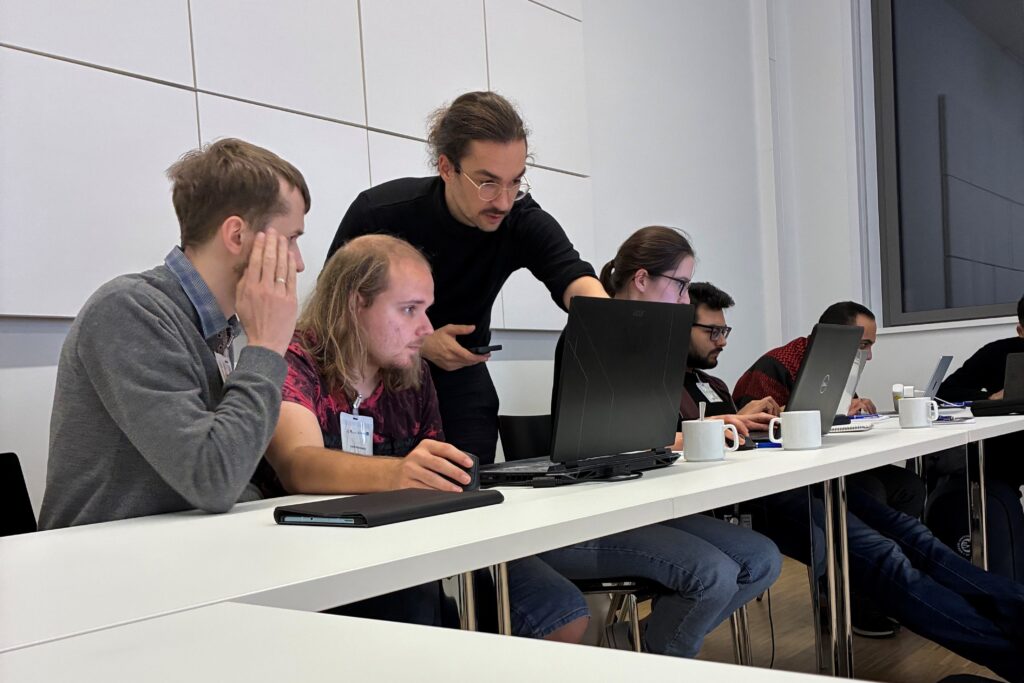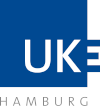


SC2ODE: Single-Cell data to Ordinary Differential Equation-based mechanistic modelling
On 5 – 6 November 2025, early-career scientists from across Europe gathered at the Hamburg Center for Translational Immunology (HCTI) at the University Medical Center Hamburg-Eppendorf (UKE) for a two-day ‘Bring-Your-Own-Single-Cell-Data’ hackathon. Hosted by Dr Lorenz Adlung, the event focused on integrating single-cell sequencing data with ordinary differential equation (ODE)-based mechanistic modelling to improve our understanding of dynamic immune responses in health and inflammatory disease.
The activity was organised by the Department of International Affairs at the University of Hamburg together with Center for Biomedical AI (bAIome) at the University Medical Center Hamburg-Eppendorf (UKE), with funding from the German Federal Ministry of Research, Technology and Space. Travel and accomodation costs will be covered for participants from EUGLOH member universites.
This hands-on workshop provided an interdisciplinary environment, bringing together researchers working at the intersection of computational biology, immunology, and mathematical modelling. Participants learned the core concepts behind single-cell data analysis and set up open-source modelling frameworks.
Participants worked in focused project groups, received personalised guidance, and jointly developed model concepts for pending biological questions. The workshop also featured discussions on research careers and funding strategies, complemented by a networking session with local principal investigators from the HCTI and the University of Hamburg (UHH).
By combining data-driven discovery with mechanistic bottom-up approaches, the workshop aimed to encourage a new way of thinking about complex biological systems – one that embraces both high-dimensional data and the need for interpretable, dynamic predictions. The event demonstrated how interdisciplinary exchange can accelerate scientific innovation and establish the basis for new research collaborations across institutions.
As mathematical modelling emerges as a key method in modern biomedical research and personalised medicine, the Hackathon in Hamburg served as an important step in establishing a new community of researchers capable of translating single-cell data into meaningful biological insights.


Stay In Touch